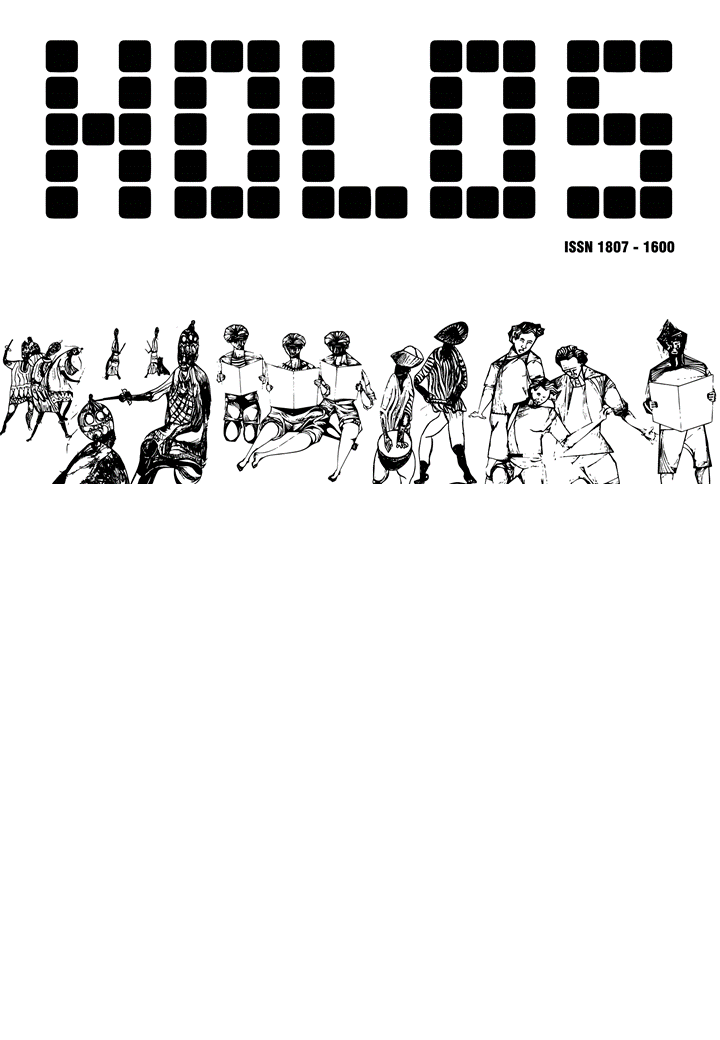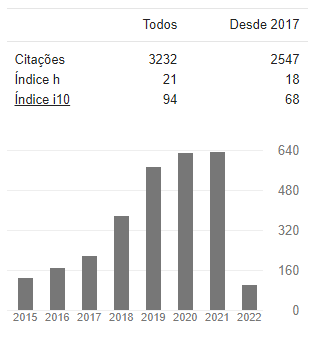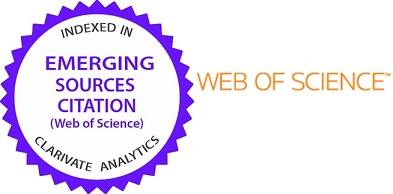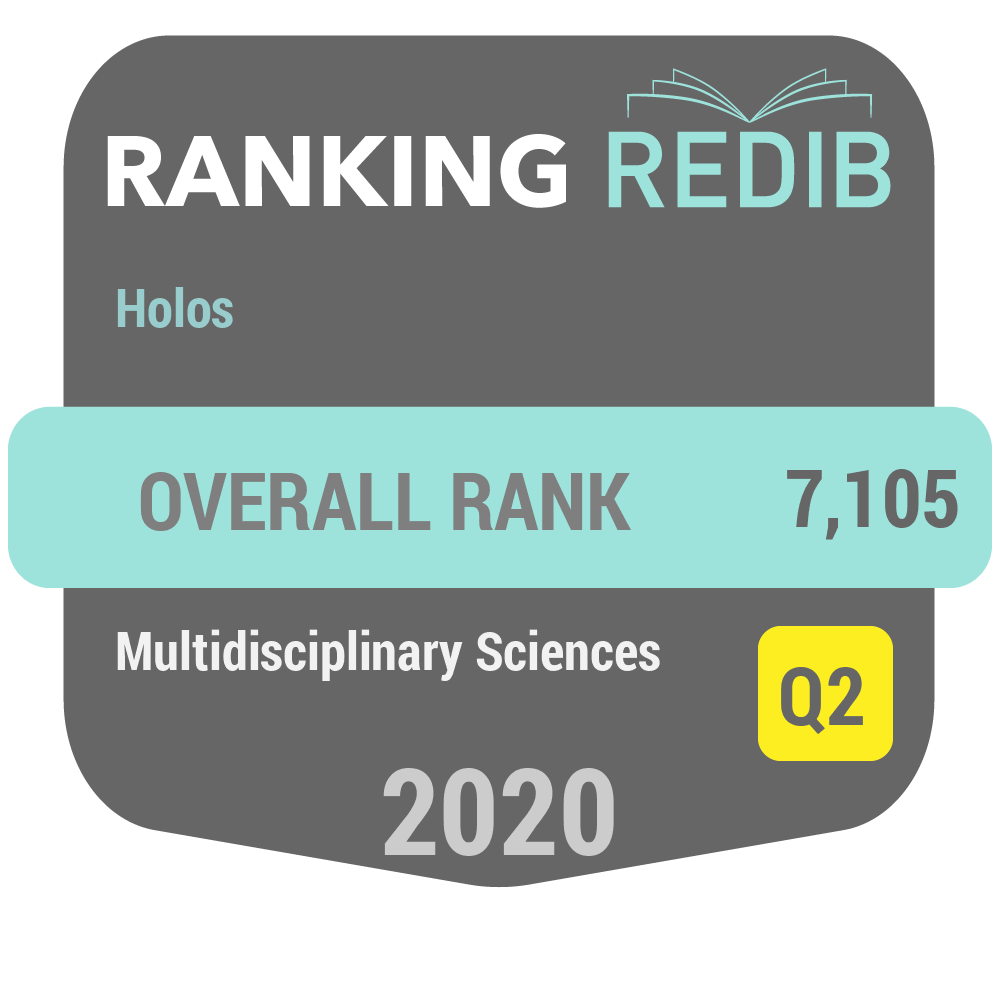ANDRAGOGIC STRATEGIES TO IMPLEMENT THE CULTURE OF SAFETY IN THE SEWERAGE CONSTRUCTION WORKERS OF THE METROPOLITAN PUBLIC COMPANY OF DRINKING WATER AND SANITATION OF ECUADOR
DOI:
https://doi.org/10.15628/holos.2022.11925Palavras-chave:
Andragogy , Prevention, Safety, WorkersResumo
One of the serious problems that occur in any productive or operational system is the lack of culture of prevention and safety at work, resulting in occupational accidents that cause serious injuries or even death. This article presents the case of workers from the Drinking Water Company in the area of construction and maintenance of sewage networks. Its objective was to determine the need for training and the design of andragogic methods to strengthen the culture of prevention. This work is an exploratory type research, in which the inductive method of investigation was used. In order to know about Occupational Health and Safety, and the use of safe work rules and procedures, a diagnosis was made, by means of various information gathering techniques, including job analysis. As a result, the establishment of the degree of knowledge and the shortcomings of training were obtained, allowing the production of appropriate themes with the use of andragogic training models which directly imply the establishment of a preventive culture.
Downloads
Referências
Adam, F. (1970). Andragogía: ciencia de la educación de adultos. Caracas: Federación Interamericana de Educación de Adultos (FIDEA).
Brandt, J. (1998). Andragogía: propuesta de autoeducación. Los Teques, Venezuela: Tercer Milenium.
Davenport, J., & Davenport, J. A. (1985). A Chronology and Analysis of the Andragogy Debate. Adult Educational Quarterly, 35, 152–159. DOI: https://doi.org/10.1177/0001848185035003004
Deveci, T. (2007). Andragogical and pedagogical orientations of adult learners learning english as a foreign language. New Horizons in Adult Education and Human Resource Development, 21, 16 – 28. DOI: https://doi.org/10.1002/nha3.10287
Elias, J. L. (1979). Critique: Andragogy Revisited. Adult Education, 29, 252–256. DOI: https://doi.org/10.1177/074171367902900404
Ghost, A. (2012). Technology, Learning, and Individual Differences. Journal of Adult Education, 21, 27 – 42.
Gitterman, A. (2004). Interactive andragogy: Principles, methods, and skills. Journal of Teaching in Social Work, 24, 95-112. DOI: https://doi.org/10.1300/J067v24n03_07
Goulão, M. F. (2014). The Relationship between self-efficacy and academic achievement in adults’ learners. Athens Journal of Education, 1, 237 – 246. DOI: https://doi.org/10.30958/aje.1-3-4
Haruna, Y. U. (2015). Differences between pedagogical and andragogical methods of teaching and the preference of andragogy for the teaching of adults. International Journal of African and Asian Studies, 6, 58 – 62.
Hartree, A. (1984). Malcolm Knowles’ theory of andragogy: A critique. International Journal of Lifelong Education, 3, 203–210. DOI: https://doi.org/10.1080/0260137840030304
Kao, I. C. (2017). Impact of in-service adult learners’ self-directed learning and learning effectiveness on performance of project management competence: A case study of students with learning experience in project management courses. Academia Journal of Educational Research, 5, 166-188, August.
Knowles, M. (1973). The modern practice of adult education: Andragogy versus pedagogy. New York: Association Press.
Knowles, M., Holton, F., Swanson, R. (2001). Andragogía: el aprendizaje de los adultos. México: Mexicana.
Lindeman, E. (1984). The meaning of adult education 1976. Adult Education Quarterly, 34, 1-20.
London, J. (1973). Adult education for the 1970’s: Promise or illusion? Adult Education Journal, 24, 60–70. DOI: https://doi.org/10.1177/074171367302400105
Marrero, T. (2004). Hacia una educación para la emancipación. Núcleo Abierto UNESR, 11. p. 7, mayo.
McKenzie, L. (1979). A response to Elias. Adult Education Journal, 29, 256–260. DOI: https://doi.org/10.1177/074171367902900405
Rivera, A. (1998). Arqueología del lenguaje en el proceso evolutivo del género homo. Espacio, tiempo y forma, Serie I. Prehistoria y Arqueología, 11, 13-43.
Downloads
Publicado
Como Citar
Edição
Seção
Licença
Copyright (c) 2021 HOLOS

Este trabalho está licenciado sob uma licença Creative Commons Attribution-NonCommercial-NoDerivatives 4.0 International License.









































